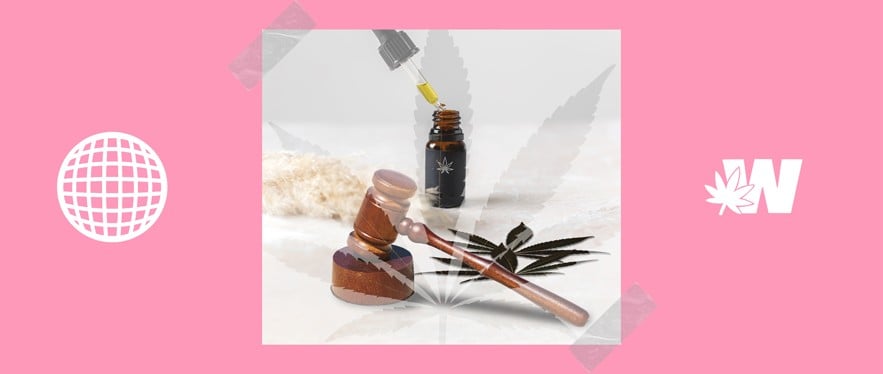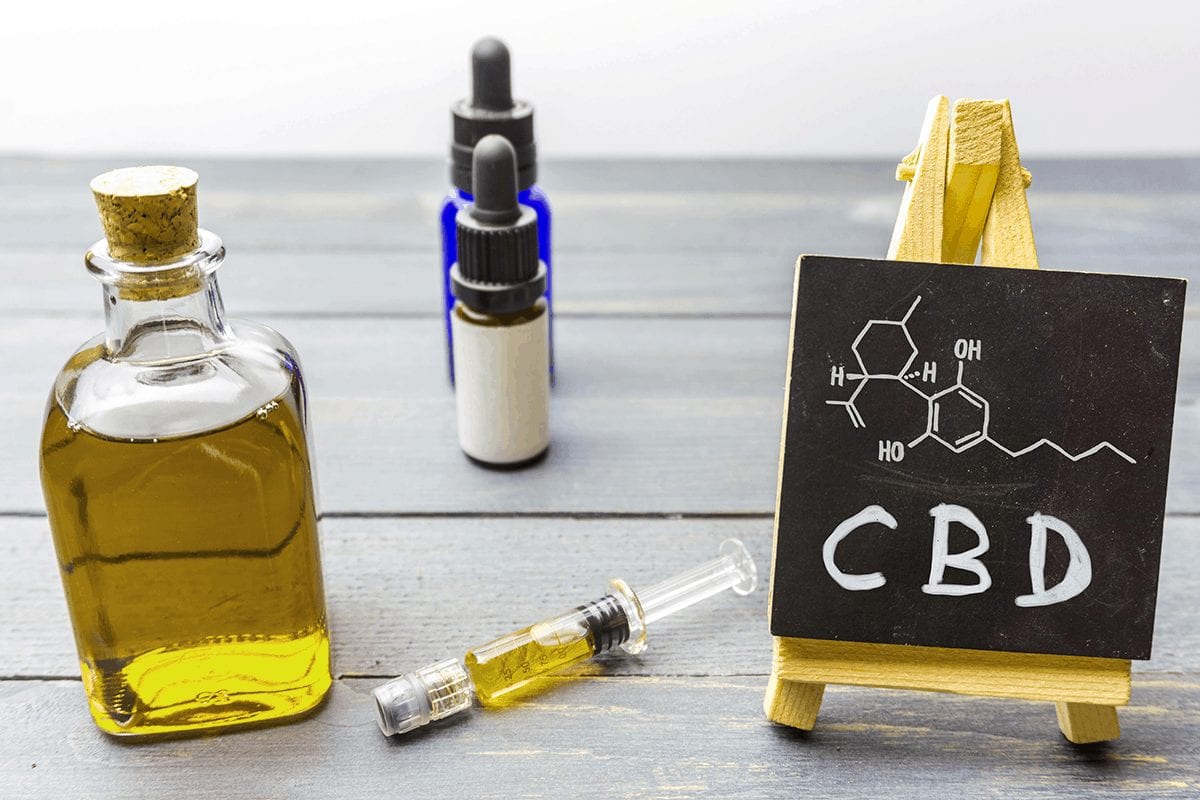
CBD oil—mentioned it before? Oh, yeah, all the hype, right? Supposedly magical drops that people swear by. You see it everywhere now, marketed as a remedy for anything from joint pain to everyday jitters. But beneath the surface, the question echoing through the ears of many a curious soul is: is cbd oil legal really? Well, that’s probably why you’re here, and what a labyrinth it is, so buckle up.
This post is intended as information and for general knowledge only. It is not a substitute for medical advice, diagnosis, or treatment. It is recommended that you talk to a healthcare professional about this before introducing cannabinoids into your daily routine (especially if you have been diagnosed with any medical conditions or are under any medication). It is not recommended to drive or operate any machinery when using hemp-derived products. Use responsibly!
Introduction to CBD Oil and Its Uses
Alright, first principles. So, CBD oil—it stands for cannabidiol oil. Comes from the cannabis plant. Not the stuff that gets you high. That’s THC, mate. CBD is extracted, usually from hemp, and boy, it’s being talked about for all kinds of therapeutic uses. Stress relief, pain management, even helping with sleep troubles—folks have stories. But hey, CBD’s big magic doesn’t come without a tiny catch. Key differences to note… you’ve got CBD, then there’s delta 8 THC, and let’s not forget delta 9 THC—THC being the psychoactive bit.
Now, why all this differentiation matters? Different effects, legal implications, and, long story short—a whole set of legal twists and turns. Benefits you ask? Reduces anxiety, manages pain, they say. But can’t forget those potential adverse effects. Messes with other meds sometimes, could cause dry mouth, lowered blood pressure, all worth a thought.
CBD Oil vs. Other Cannabis Products
So, what’s the deal? CBD oil ain’t quite like hemp oil. Confusing, huh? Hemp oil is from hemp seeds, while CBD oil’s from leaves and flowers—whole different ball game when it comes to cannabinoids. Then there’s the whole medicinal cannabis versus recreational marijuana dilemma. Medicinal cannabis, prescribed and monitored. Recreational? Well, smoke it if you got it, if the law plays nice. Legal status thoughts—CBD oil, derived from hemp (not marijuana) is generally cooler with the law. This here is where cannabinoids earn their stripes, making some treatments possible, showing some love to public health.
Federal Law and CBD Legalization in the United States

What’s a Controlled Substances Act? The law that could make CBD sound at home with narcotic drugs if it weren’t for hemp being on another planet since the 2018 Farm Bill hit the scene. Industrial hemp is not like its potent cousin marijuana—all about that 0.3 THC cap. As far as Uncle Sam’s rules go, pure CBD oil ain’t the bad guy. The FDC Act, though, those regulations—don’t try selling CBD to cure anything unless you’re ready for letters you’ll wish you never got.
State Laws and Individual Regulations
Ah, state laws, a beautiful mess. States have their own minds when it comes to CBD legality. Let your hair down in Colorado, but in Idaho, that dab of goodness might land you in hot water. Some states—liberal, others, not so much. Marijuana possession laws, they could really tangle up unwitting CBD oil users if misread. For medical folks, navigating this maze for medicinal vs. recreational use is like trying to see with a broken compass.
CBD Oil’s Legal Status Internationally

Step outside the United States, different chapters altogether. Europe’s like, “sure, why not?”, Canada’s pretty chill. Australia? Gets more legal nods if it’s for a specific condition. The Therapeutic Goods Administration has its rules, though, so don’t assume anything goes. Naturally, these international regulatory hoops create quite the challenge.
The Role of CBD in Medical and Recreational Use
Real talk—anxiety, pain management? CBD supporters swear by it. There’s chatter on Google Scholar about research and efficacy. Used in therapeutic settings? Sure, but remember, recreational usage is its own twist. Senate bills and government discussions are like a teleplay of politics and patient rights.
Navigating FDA Regulation and Compliance

FDA—those three letters mean business when it comes to compliance. Selling, marketing CBD products? Lots of rules, endless paperwork. Whether it’s CBD oil, CBD gummies, or even hemp-derived CBD, there are lines you don’t cross. It’s not just about selling—producers and retailers face strict compliance requirements. Let’s mention drug interactions little—folks better chat with health pros before mixing meds with a CBD habit.
Future Legal Trends and Challenges for CBD Oil
The future? Cloudy but with a chance for change. Legal status for cannabis products seems to be loosening, folks are expecting smoother sailing on the horizon. With oxidative stress research, hope for clarity around CBD laws bubbles. Advocacy for better guidelines? Always in the air. But brace yourself—the legal status of CBD oil ain’t done evolving just yet.
So here we are. Long winding road behind, and perhaps leading to a clearer path ahead. Hope you found a nugget or two on this wild ride. Whatever the CBD terrain may bring, it’s about staying informed, playing by the rules, and maybe finding that perfect little bottle of relief that works just for you.